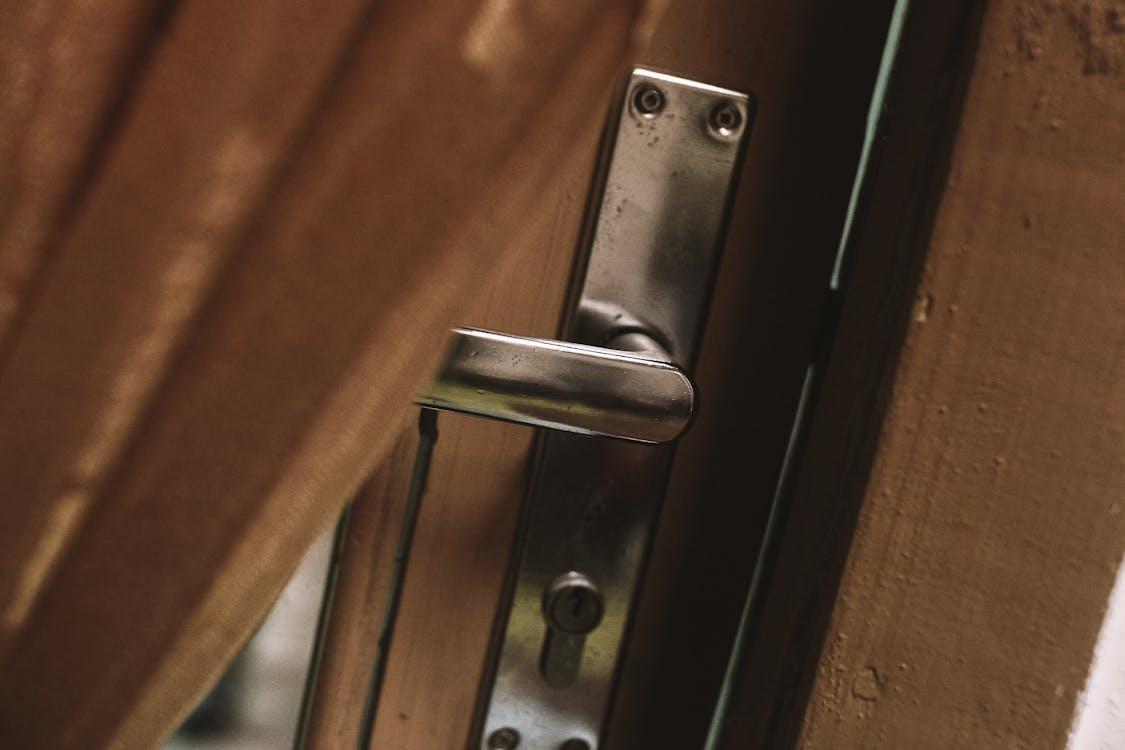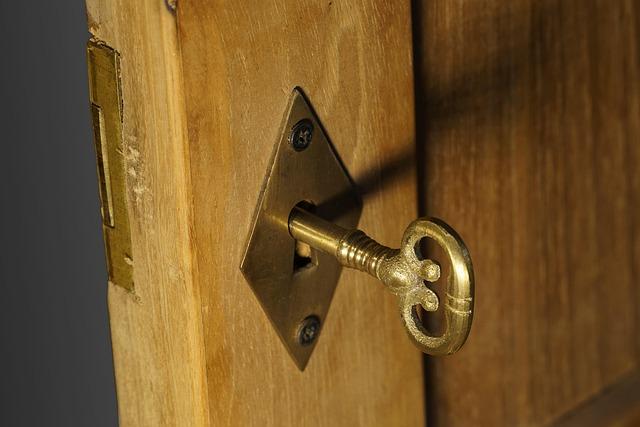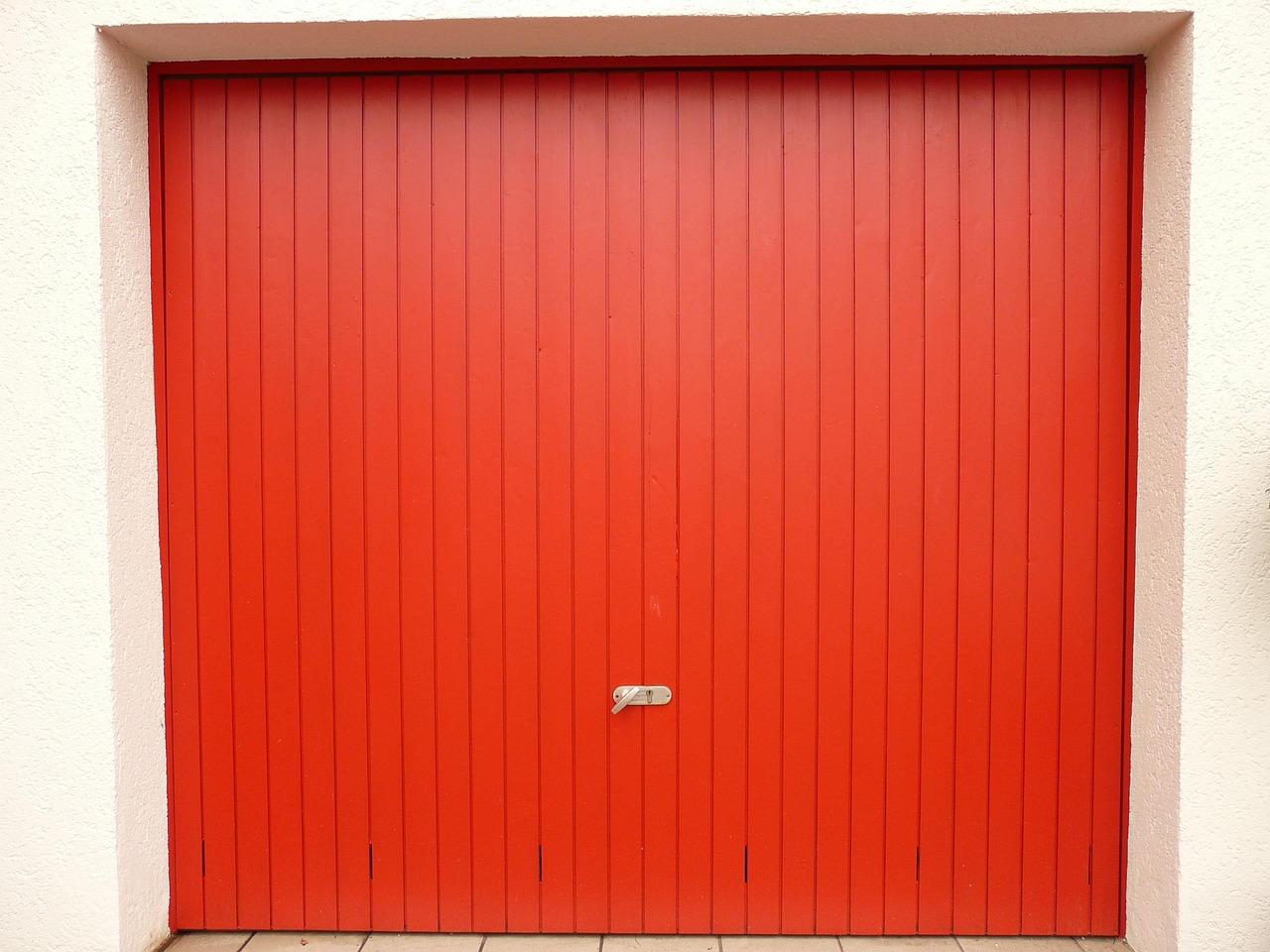Business security isn’t something to take lightly. For many owners, standard locks seem “good enough” — until they face a break-in, attempted entry, or a sudden realization that their security measures haven’t been updated in years. Knowing when it’s time to upgrade to commercial-grade locks can make the difference between preventing a break-in and dealing with the costly aftermath of one.
Understanding the Difference
Residential locks are built for light use—occasional access and lower risk of tampering. Commercial-grade locks, however, are engineered for durability, higher traffic, and superior resistance against picking, drilling, or forced entry. They’re rated by the ANSI/BHMA grading system, with Grade 1 offering the highest level of protection suitable for offices, retail stores, and warehouses.
If your current locks are lightweight, show signs of wear, or were installed during the building’s original construction, they may not meet the security needs of your growing business.
Signs It’s Time for an Upgrade
- Increased foot traffic or staff turnover
The more people entering your premises—employees, clients, contractors—the higher the security risk. Commercial-grade locks can handle frequent use without loosening or jamming, and they offer key control systems that make rekeying faster and more secure when staff changes occur. - You’ve experienced break-ins or attempted tampering
If you notice scratches near keyholes, damaged strike plates, or signs of forced entry, it’s a red flag. Intruders often test locks before a full attempt. Upgrading to hardened commercial locks can deter further incidents and prevent costly property losses. - You’re using outdated or mismatched locks
A mix of old and new locks across entry points can create vulnerabilities. Modern commercial locks integrate better with access control systems and smart key management, allowing you to track who enters and when—vital for multi-unit or high-security facilities. - Business expansion or renovation
When adding new offices, inventory rooms, or storage areas, consistency in lock quality matters. Commercial-grade systems ensure every access point meets the same security standard, helping you manage keys, codes, and users efficiently. - Insurance or compliance requirements
Some commercial insurance providers require specific lock grades or security certifications. Upgrading your locks can help meet those standards and potentially lower your insurance premiums.

Choosing the Right Lock System
Not every business needs the same setup. A retail store might benefit from Grade 2 cylindrical lever locks, while a healthcare facility could require Grade 1 mortise locks with electronic keypads. A professional locksmith can assess your building’s entry points, recommend the right hardware, and install locks that meet both operational and safety needs.
You can also combine physical locks with digital access systems—smart locks, key fobs, or keypad entries—to balance security and convenience.
The Smart Move for Business Owners
Waiting for a problem before upgrading can lead to higher costs and unnecessary risks. Proactive maintenance and professional installation ensure your property, employees, and inventory remain protected year-round.
When you’re ready to upgrade to commercial-grade locks, consult the experts at Free Eagle Locksmith. Our licensed locksmiths help businesses strengthen security with durable, high-performance lock systems tailored to your needs.
Protect what matters most—contact Free Eagle Locksmith today for a professional commercial lock upgrade assessment.







Leave A Comment